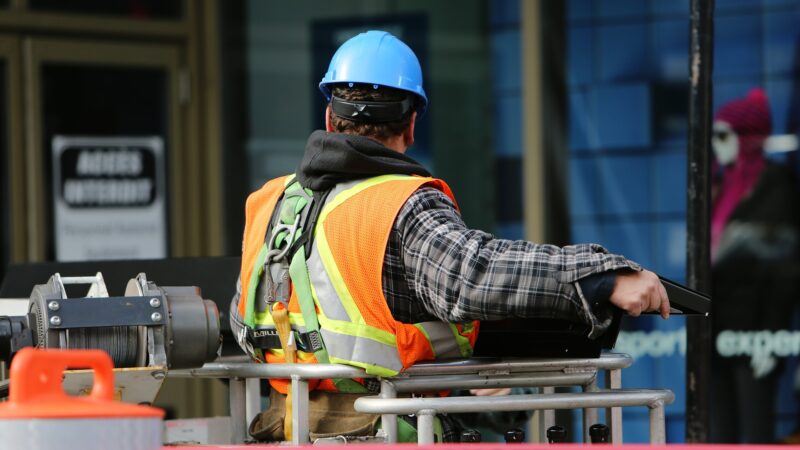
The mayors of Greater Manchester and the Liverpool city region have joined with the TUC to launch the ‘Time Out to Help Out’ campaign calling on the government to pay workers when self-isolating during the pandemic.
The new initiative kicked-off today and backed by trade unions Unison, GMB, Usdaw, Unite and the CWU has stressed that large number of people are being asked to stay home under the national NHS test and trace system.
The mayors have highlighted that the programme has identified 22,000 people in their regions, and said that those instructed to self-isolate should not have to “choose between putting food on the table or keeping their communities safe”.
The Labour mayors and TUC general secretary Frances O’Grady are demanding that employers pay their staff as usual while they are isolating and then be allowed to claim back the difference between that wage and statutory sick pay.
Commenting on the government’s coronavirus test and trace programme, Burnham said: “NHS Test and Trace will never work properly until all employees are supported to follow its requests.
“It’s right that everybody plays their part in helping to get Covid-19 under control. But what’s not right is forcing some of our workers – many doing the lowest paid jobs or self-employed – to make a choice between self-isolating or face a drastic loss of income.”
“That’s why we’re proposing an alternative system that’s currently in place to make sure workers are paid fairly if they are requested to self-isolate.
“Only by ending the pay penalty will we see the national NHS Test and Trace service reach everyone they need to, which is currently standing at 53% in Greater Manchester.”
In order to qualify for statutory sick pay, workers in the UK have to meet the minimum income threshold. This means that they must earn at least £120 a week to receive the benefit. An estimated two million do not meet this criteria.
Commenting on the dilemma workers face, Rotheram said: “With no guarantee that their incomes will not be hit, millions of people – many who can’t work from home or are self-employed – will be dreading the idea of being asked to self-isolate.
“We cannot beat this virus by asking people to choose between putting food on the table or keeping their communities safe. People should be supported, not penalised, for doing the right thing and isolating at home.
“And the government are right to want self-isolating to be seen as a national duty. But when performing other national duties like jury service, we do not expect people to be left destitute. This should be no different.”
The ‘Time Out to Help Out’ campaign has highlighted that for those who are eligible for statutory sick pay, the benefit amounts to 21% of the median weekly earnings of workers in Greater Manchester and 22% in the Liverpool city region.
It also emphasised that there are 90,000 ineligible employees in Greater Manchester and 47,000 in Liverpool – and that there are 186,000 and 84,000 self-employed people in the respective regions left worse-off under current arrangements.
TUC general secretary O’Grady said: “It’s not viable to ask workers to self-isolate if that means they are plunged into financial hardship. Until ministers fix this problem, people will continue to struggle to follow official advice.
“Wherever possible, employers should do the right thing and pay workers their full pay. But the government must also ensure that every worker gets financial support. Too many- including the two million who currently don’t qualify for sick pay, or the seven million only getting SSP – will not be able to afford to isolate.”
Labour recently warned the government that leaving two million people in the country ineligible for statutory sick pay undermines the government’s test and trace programme and efforts to prevent a second wave of Covid-19.
Head of the government’s coronavirus “test and trace” programme Dido Harding has also raised concerns over the absence of support for people facing the need to take time off work but unable to claim.
She told a press briefing: “It’s particularly challenging for that workforce… I continue to make the case that we need to think about how we support people in those lowest paid roles and the self employed.”




More from LabourList
‘Labour won’t stop the far right by changing leaders — only by proving what the left can deliver’
‘Cutting Welsh university funding would be economic vandalism, not reform’
Sadiq Khan signals he will stand for a fourth term as London Mayor